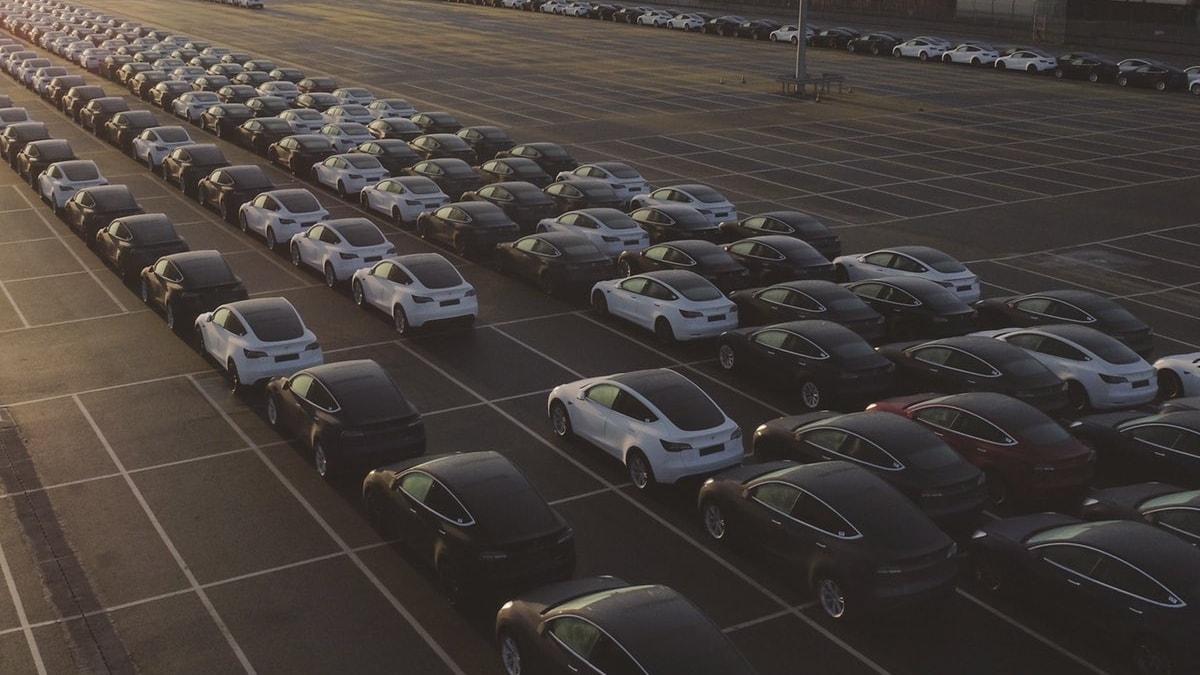Electric vehicle charging companies are cautiously embracing Tesla‘s charging technology as the main US standard, mere days after Ford and GM said they were adopting it, but questions remained about how any interoperability would work.
The rare agreements between Tesla and each of the two US automakers, who among them control more than 60 percent of the country’s EV market, is likely to give top billing to Tesla’s North American Charging Standard (NACS).
That puts companies, including ChargePoint, EVgo and Blink Charging, in danger of losing out on customers if they offer only Combined Charging System (CCS), the rival standard that the Biden administration has favoured.
The White House said on Friday that EV charging stations that offer Tesla plugs would be eligible for billions of dollars in federal subsidies as long as they included CCS connectivity. The White House aims to spur deployment of hundreds of thousands of chargers, which it sees as integral to EV adoption.
Charger maker ABB E-mobility North America, a unit of Swiss industrial firm ABB, said it has been working on NACS development since Tesla opened up its technology in November.
“We are seeing tremendous interest in beginning to integrate the NACS connector into our chargers and our units … customers are saying, ‘when can I get one?'”, said Asaf Nagler, vice president of external affairs at the unit. The company is still in the design and testing phase, and has been working with Tesla, he said.
“The last thing we want is to rush a solution to the market that is not seamless,” said Nagler, adding, “we still don’t fully know all the limitations of the (Tesla) charger itself.”
Ashley Horvat, a senior executive at Schneider Electric SE’s unit in the US that supplies EV charging hardware and software, said interest in NACS adoption had been on the rise since the announcement by Ford Motor and General Motors.
Blink Charging said on Monday it would launch a new fast charger with Tesla’s connector, as did ChargePoint Holdings Inc and Tritium DCFC Ltd. EVgo Chief Commercial Officer Jonathan Levy told Reuters the company was working with its suppliers to “serve all EV drivers no matter what fast-charging connector they use”.
Some of these companies’ stocks fell sharply on Friday, but were paring some of those losses on Monday after they said they would adopt NACS.
Still, concerns remain about how smoothly the two standards would talk to each other and whether having both standards in the market raised costs for vendors and customers.
Neither the automakers nor the US government have explained how any interoperability would work or money would change hands.
“We don’t have much visibility on what’s the charging experience going to be like,” said Aatish Patel, co-founder of charger maker XCharge North America.
‘Miles to go’
Charger makers and operators noted several concerns about interoperability: whether Tesla Superchargers can adequately charge higher-voltage vehicles with fast charging and whether the design of its charging cables will suit the ports on some cars.
Tesla’s Superchargers are integrated with its cars and payment is tied to accounts of users, who can charge and pay through a Tesla app seamlessly. It offers adapters that can be used to charge its cars at non-Tesla charging stations and is opening up its Superchargers for use by non-Tesla vehicles.
“If you don’t have a Tesla and you use a Supercharger, it’s not as clean-cut. How much integration do Ford, GM and other automakers really want to give Tesla on their vehicles to allow for this seamless integration? Or are they going to pivot into a less seamless integration to have access to a larger network?” Patel said.
A former Tesla official who worked on Superchargers said NACS chargers would add cost and complexity in the near term, but the government needed to support one standard — NACS — given its higher vehicle population and better user experience.
The person, who now works for a charging company, is not authorized to speak to the media and declined to be named. The company that is developing CCS chargers, is “reviewing” its strategy because of the Tesla-GM deal.
“Tesla’s proposal … is not a standard. It has miles and miles and miles to go before it becomes a standard,” said Oleg Logvinov, president of CharIN North America, an industry body that promotes CCS.
Logvinov, who is also chief executive of EV charging parts supplier IoTecha, said CCS was worth backing because it had worked for more than a decade with multiple vendors.
© Thomson Reuters 2023
Apple’s annual developer conference is just around the corner. From the company’s first mixed reality headset to new software updates, we discuss all the things we’re looking forward to seeing at WWDC 2023 on Orbital, the Gadgets 360 podcast. Orbital is available on Spotify, Gaana, JioSaavn, Google Podcasts, Apple Podcasts, Amazon Music and wherever you get your podcasts.
Affiliate links may be automatically generated – see our ethics statement for details.

